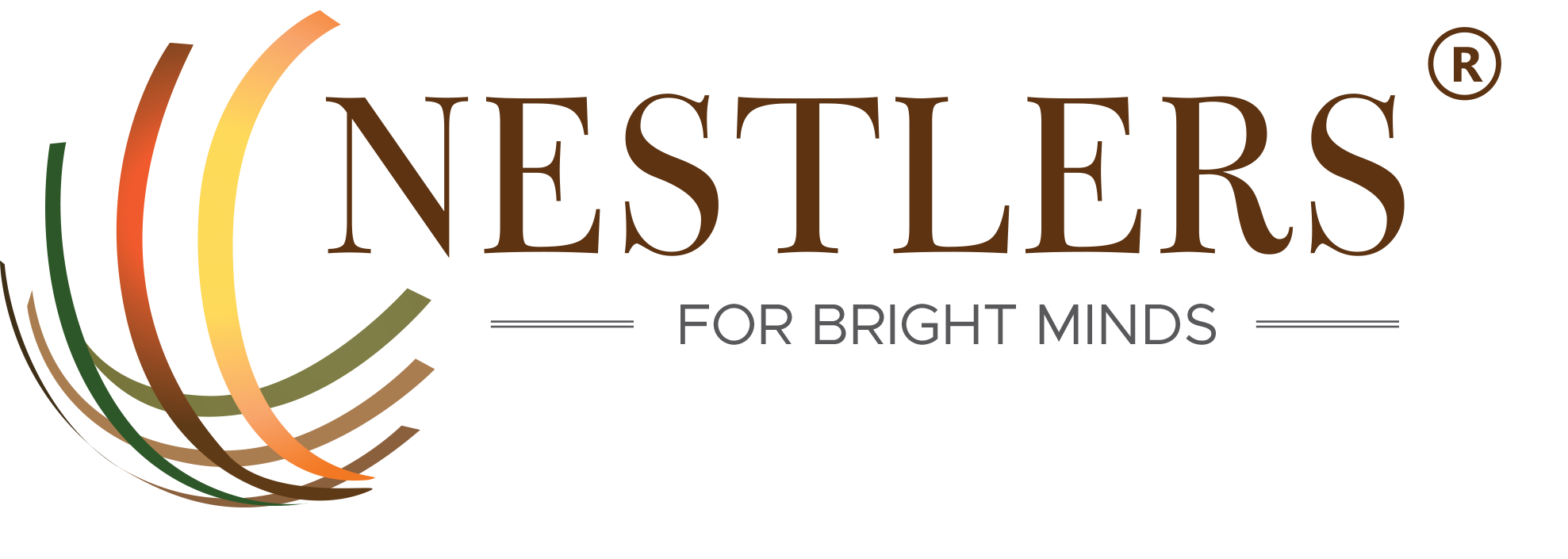Recruiting talent from Asia can bring fresh perspectives, skills, and competitive advantage. If you’re an employer in Romania considering hiring from Asia, whether it’s for tech, manufacturing, or services, there are a number of legal, logistical and cultural considerations you’ll want to understand. Nestlers Group works regularly with companies to help them onboard international hires smoothly. Here’s what employers should know around visas & permits, labour law, and housing in Romania.
Visa & Work Permit Requirements
For non‑EU nationals—including many Asian citizens—working legally in Romania requires compliance with both immigration and employment law.
What permits are required
- A work permit (authorisation de muncă) issued by the Romanian General Inspectorate for Immigration (IGI) is necessary for non‑EU/EEA/Swiss citizens who intend to work.
- After the work permit, the foreign national usually applies for a long‑stay visa for employment (type D/AM) at a Romanian consulate in their home country.
- Once in Romania, they need to obtain a residence permit tied to their employment.
Recent legal changes / limitations
- Under Law 53/2025, Romania has further refined its rules for hiring foreign/seasonal workers. This includes stricter employer eligibility (e.g., companies must not be in insolvency or have serious labor law violations) to receive work permits for non‑EU nationals.
- There are quotas and caps for the number of non‑EU work permits in certain sectors. Employers should check current limits.
Labour Law & Employment Contracts
Once the visa/permit side is settled, ensuring compliance with labour law in Romania is critical to avoid legal risk, to ensure fair treatment, and to maintain an employer brand that attracts good talent.
Contract requirements
- Employment contracts must be written. They should specify job description, duration (fixed or indefinite), salary, hours, place of work, benefits, etc. For foreign nationals, a bilingual contract (Romanian + another language) is common.
- Must adhere to minimum wage laws. Employers can’t pay less than the legal minimum gross salary.
Working hours, overtime & leave
- Standard working week is 40 hours, typically 8 hours/day. Overtime must be paid at higher rates per the law.
- Employees have the right to annual leave (a minimum, often around 20 working days), holiday pay, rest periods. Parental leave, medical leave, etc., also regulated.
Employee rights & protections
- Non‑discrimination, workplace safety, rights to health insurance, and social security contributions apply equally to foreign workers once they’re legally employed.
- Employers must fulfill their tax and social security contribution obligations. For example, non‑EU workers are typically included in the same contribution systems once their work permit and residency are sorted.
Housing & Relocation Considerations
Hiring someone from abroad—especially from Asia—often involves helping them settle in, which means housing and relocation support become part of the package. Good support here can make a big difference in retention and satisfaction.
What to consider
- Proof of accommodation is often required as part of visa or residence permit applications. The employee may need to show where they will live (lease contract, ownership, etc.).
- Cost of living and housing markets: Major cities like Bucharest, Cluj‑Napoca, Timișoara have higher housing costs; demand is high. Employers who assist with housing (temporary first, then more permanent) make transitions easier.
- Lease terms: Many apartments require 1‑2 months deposit, possibly guarantors, sometimes payments in advance. Furnished vs unfurnished, utility costs, and accessibility (transport, proximity to amenities) are important.
- Cultural or lifestyle considerations: For international hires, proximity to international schools or communities, language support, neighborhood safety, etc., may influence housing choice.
Employer support options
- Offering a relocation allowance or housing stipend
- Helping with short‑term rentals while the employee looks for something more permanent
- Partnering with local real estate agencies familiar with expat needs
- Ensuring the employment package includes support for documents, translations, sometimes schooling
Practical Checklist for Employers & How Nestlers Group Can Help
To make sure hiring Asian talent (or any non‑EU nationals) is as seamless and compliant as possible, here’s a proposed checklist:
| Task | Responsible Party |
|---|---|
| Verify that the company meets legal eligibility to hire non‑EU nationals (not insolvent, no serious hiring violations) | Employer / HR |
| Draft and advertise the job in accordance with job market test requirements | HR / Recruitment |
| Prepare and submit work permit application to IGI, with all required documentation | Employer + Recruit |
| After permit—assist employee with visa application and documentation | Employer / HR / Employee |
| Arrange proof of accommodation for visa/residency | Employer / Employee |
| Sign employment contract (in Romanian, bilingual if needed), clarify salary, hours, benefits | Employer |
| Ensure social security, health insurance contributions are properly set up | Employer / Payroll |
| Provide cultural / relocation support, housing assistance, orientation | Employer / Nestlers Group |
At Nestlers Group, we help employers with each of these steps: from initial legal due diligence, drafting compliant contracts, to helping foreign hires settle in housing and integrate into Romanian life.
Key Challenges & Tips for Success
- Timing & bureaucratic delays: Processes like obtaining the work permit, visa, and residence permit can take several weeks to months. Planning ahead is essential.
- Translation & documentation: Many documents must be translated into Romanian, apostilled or legalized, especially diplomas, criminal records, etc.
- Legal changes: Romania’s labour law and immigration regulations evolve. For example, Law 53/2025 introduced new rules for seasonal foreign workers and stricter employer eligibility. Staying up to date is essential.
- Cost budgeting: Beyond salary, account for relocation costs, housing support, legal fees, possibly language or cultural training.
- Retention & integration: Hiring is just step one. Ensuring that foreign employees feel supported (housing, language, orientation) helps reduce turnover.
Conclusion & Call to Action
Hiring Asian talent in Romania offers many potential benefits—access to specialized skills, new perspectives, and filling roles in sectors with local shortages. But it also comes with legal obligations, logistical hurdles, and cultural dimensions that cannot be ignored.
If you’re an employer ready to navigate these challenges confidently, Nestlers Group stands ready to assist you every step of the way—from work permits to housing relocation, contract compliance to employee integration. Reach out today and let us help you build your global team, the right way.
Connect with Nestlers consultants
Do you need immigration and relocation services or consultancy?
It’s easy! Use the below contact form and one of our experts will provide you an answer as soon as possible.
Our consultants can help you in obtaining legal documents and can provide you with assistance regarding the immigration processes, relocation, taxes and payroll, Social Security (European forms A1, S1, U1, etc.) for your employees.





